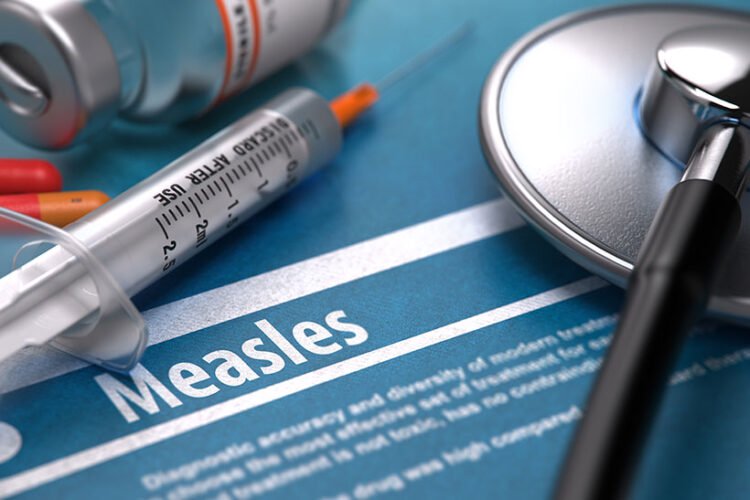Celiac disease is a chronic autoimmune disorder that affects approximately 1% of the global population. It occurs in genetically predisposed individuals when the ingestion of gluten- a protein found in wheat, barley, and rye, triggers an immune response that damages the small intestine. On National Celiac Disease Day, observed annually on September 13th, it’s essential to raise awareness about this often underdiagnosed condition.
What Happens in Celiac Disease?
In individuals with celiac disease, the immune system mistakenly attacks the lining of the small intestine after gluten is consumed. This immune response damages the villi, tiny finger-like projections that line the small intestine and are responsible for nutrient absorption. When the villi are damaged, the body cannot absorb nutrients effectively, leading to various gastrointestinal and systemic symptoms.
Common Symptoms
Symptoms of celiac disease can vary significantly from person to person, which is why the disease is often referred to as a “chameleon” disorder. Some people experience classic digestive symptoms such as diarrhea, bloating, gas and abdominal pain. Others may suffer from symptoms not immediately associated with digestion, including fatigue, joint pain, headaches, and even skin rashes known as dermatitis herpetiformis.
In children, celiac disease can result in delayed growth, failure to thrive, and behavioral issues. Adults may be more likely to experience anemia, osteoporosis, and neurological symptoms. If left untreated, celiac disease can lead to long-term complications, including malnutrition, infertility, and an increased risk of certain cancers.
Diagnosis and Treatment
Diagnosing celiac disease typically involves blood tests to check for specific antibodies and a biopsy of a small intestine to confirm damage to the villi. It’s important not to start a gluten-free diet before being tested, as this can interfere with diagnosis.
The only effective treatment for celiac disease is a lifelong adherence to a strict gluten-free diet. This means avoiding all foods containing wheat, barley, rye, and their derivatives. Fortunately, the availability of gluten-free products has significantly improved in recent years, making it easier for individuals with celiac disease to maintain a healthy diet.
Raising Awareness
National Celiac Disease Day serves as a reminder of the importance of early diagnosis and the challenges people with celiac disease face in their daily lives. By spreading awareness and educating the public about this condition, we can help those affected lead healthier lives while encouraging more understanding and inclusivity for those following a gluten-free diet.
Looking for a health solution to help guide you towards receiving a celiac disease diagnosis? Contact our Member Services Team for more information: (214) 389-9072.




